On Monday, Donald Trump marked his return to the presidency with bold and controversial decisions. Speaking to a packed crowd at Washington’s Capital One Arena after his inauguration, Trump announced plans to undo many of the policies of his predecessor, Joe Biden. Among these were revoking nearly 80 executive actions, imposing an immediate freeze on new federal regulations, and halting government hiring temporarily.
“I’ll overturn nearly 80 radical and damaging executive orders from the previous administration,” Trump declared. He also promised a hiring freeze to ensure only “competent people” who serve the American public are brought into federal roles.
According to an executive order signed later that day, federal agencies will develop hiring plans within 120 days to emphasize merit-based employment.
These actions form part of Trump’s broader strategy to reduce the federal workforce and undo what he called the “destructive legacy” of the Biden administration. Earlier in the day, Trump announced the formation of an advisory group tasked with significant government downsizing, a move that has already sparked legal challenges.
Regulation Freeze and Economic Revival
Trump’s first day in office included a series of measures targeting economic challenges, particularly inflation. He blamed the crisis on Biden’s policies of overspending and soaring energy costs. Declaring a “national energy emergency,” Trump vowed to revitalize American energy production, emphasizing oil and gas drilling.
“We’ll drill, baby, drill,” Trump told supporters, promising to lower prices, refill the nation’s strategic oil reserves, and turn the U.S. into an energy exporter once again. “America will lead the world in manufacturing, powered by our unmatched reserves of oil and gas.”
Environmental Rollbacks
As part of his environmental policy overhaul, Trump announced an end to the Green New Deal and revoked the electric vehicle mandate, stating these measures hurt American autoworkers.
Tough Stance on Immigration
On immigration, Trump declared illegal border crossings a national emergency and reinstated several hardline policies. These included the “Remain in Mexico” policy and ending the “catch and release” practice. He also directed federal and state agencies to crack down on foreign criminal networks under the Alien Enemies Act of 1798 and designated cartels as terrorist organizations.
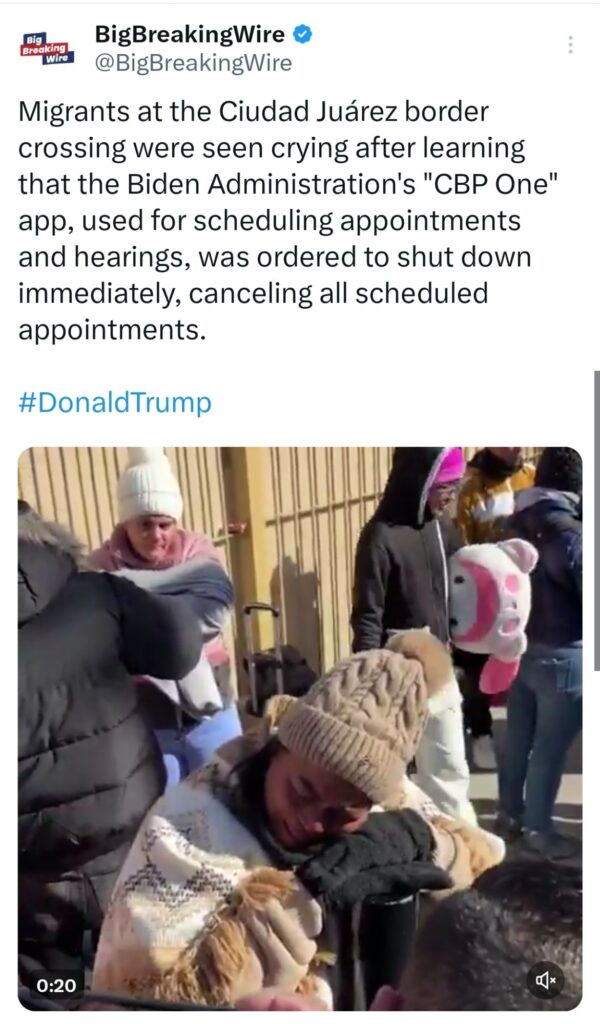
“All illegal entry will stop immediately, and we will begin deporting millions of criminal aliens,” Trump said. He also sent troops to the southern border to address what he described as an “invasion.”
Foreign Policy and Military Priorities
Trump outlined his vision for a more powerful military while pledging to avoid unnecessary wars. “We’ll measure our success not only by the battles we win but by the wars we prevent,” he said.
He also celebrated a diplomatic victory, announcing the return of hostages from the Middle East. “My legacy will be that of a peacemaker and unifier,” Trump declared.
The Panama Canal Dispute
Trump took a hard stance against Panama, claiming American ships were being overcharged for canal usage while China maintained control. “We gave the canal to Panama, not China. It’s time we take it back,” he said, calling the current treaty terms unacceptable.
Personal Challenges and Unity Message
In a surprising revelation, Trump shared details of an assassination attempt months prior. “An assassin’s bullet grazed my ear in Pennsylvania, but I was saved by God to lead this nation,” he said.
He concluded his speech with a call for unity. “We are one people, one family, under God. Together, we’ll rebuild America stronger than ever.”
Trump Declares Energy Emergency, Reverses Climate Policies
Donald Trump declared a national energy emergency to ease environmental restrictions, expedite permits for energy infrastructure, and address surging electricity demand fueled by AI growth. He resumed LNG export permit approvals, reversing Biden’s 2024 pause, benefiting projects in Louisiana and Texas. Trump also withdrew the U.S. from the Paris climate accord, criticizing it as unfair, and suspended new offshore wind leasing pending reviews, calling wind energy costly and harmful to wildlife. Additionally, he revoked Biden’s 2030 EV targets, emphasizing a focus on traditional energy sources.
Free Speech Order
Among the day’s executive orders was one aimed at protecting free speech and curbing censorship. Trump accused the Biden administration of pressuring social media companies to silence opposing voices, particularly on vaccines and elections.
Critics were quick to highlight Trump’s own history of suing journalists and labeling the media “the enemy of the people.” David Kaye, a former UN free speech expert, called the move “deeply cynical,” pointing out that U.S. law already prohibits government interference with free speech.
The White House responded by claiming Biden’s administration had used undue influence over social media platforms to suppress dissent.
Trump Considers 25% Tariffs on Canada and Mexico Over Border Issues
U.S. President Donald Trump announced on Monday that he is considering imposing 25% tariffs on imports from Canada and Mexico due to their handling of border crossings and fentanyl issues. He indicated the decision could take effect on February 1 and mentioned discussing the matter with Canadian Prime Minister Justin Trudeau.
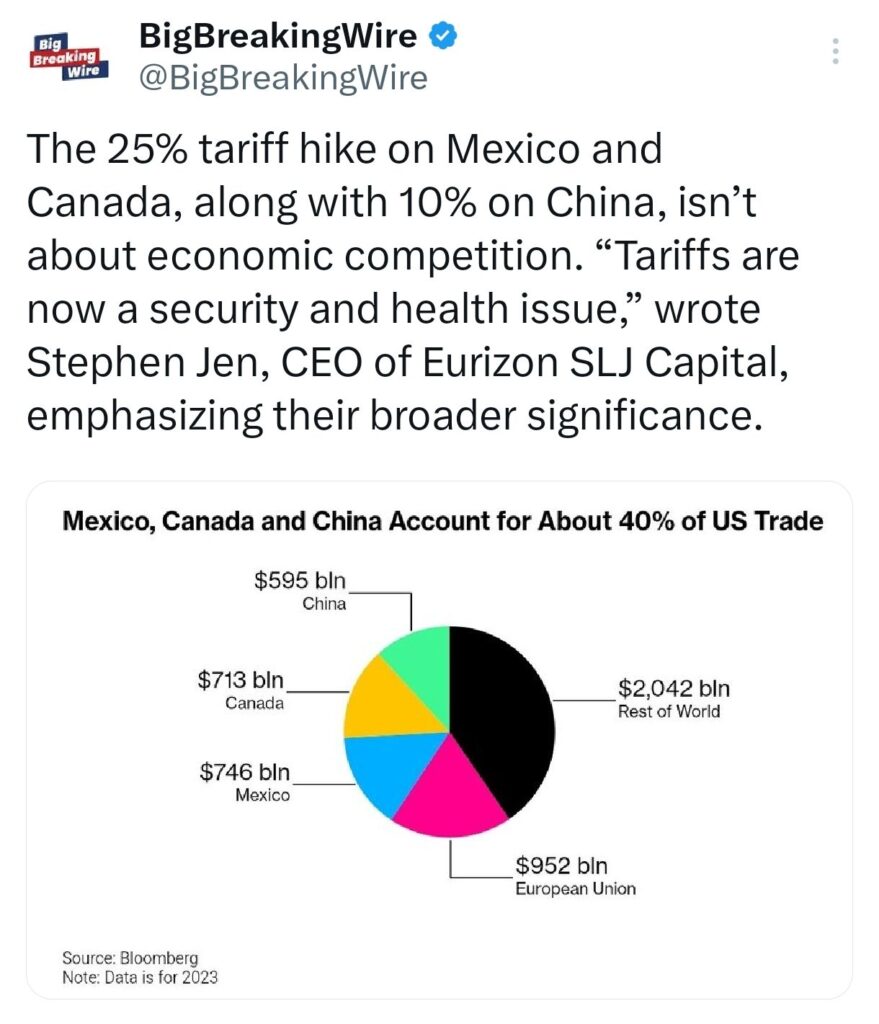
Trump Signs 40 Executive Orders in 12 Hours
Within 12 hours of becoming President, Donald Trump signed 40 Executive Orders (EOs) to make swift changes to various policies. Among these orders, two were focused on appointing Acting Secretaries and Department Administrators. These appointments were made temporary until Trump’s primary picks go through the Senate confirmation hearings.
Trump also took major steps in foreign policy by immediately withdrawing the United States from the World Health Organization and the Paris Climate Accords, two international agreements. In terms of immigration, Trump reinstated the “Remain in Mexico” policy, requiring migrants to stay in Mexico while awaiting U.S. asylum hearings. Additionally, Trump signed an order ending Birthright Citizenship for children born to illegal immigrants, meaning these children will not be recognized as U.S. citizens.
Another significant move was the removal of Diversity, Equity, and Inclusion (DEI) initiatives within the Federal Government and its agencies. Trump declared two national emergencies: one at the Southern Border and the other regarding the country’s energy sector. He also designated human trafficking groups and U.S.-based drug cartels as “Foreign Terror Organizations.” In line with law enforcement, Trump ended special protections for government employees and restored the federal death penalty for certain capital crimes. Finally, he created the “Department of Government Efficiency” (D.O.G.E) to improve government operations.
Trump Pardons 1,500 Individuals Related to January 6 Capitol Riot
President Trump also used his executive powers to pardon 1,500 people who were involved in the January 6, 2021, Capitol Riot. These individuals were non-violent offenders or had not been formally charged. The pardons were aimed at addressing the charges related to the Capitol attack.
In addition to this, one of Trump’s signed Executive Orders directed the U.S. Attorney General’s office to review 450 more cases linked to the January 6 events. These cases had been delayed or stuck “in limbo” and are now subject to review.
US to Exit the World Health Organization Amid Criticism of COVID-19 Handling
President Donald Trump announced on Monday that the United States will be withdrawing from the World Health Organization (WHO), accusing the global health body of mishandling the COVID-19 pandemic and other health crises. Trump criticized the WHO for failing to act independently of political pressures from member states and for demanding disproportionate financial contributions from the U.S. compared to other countries, including China.
The U.S. will formally exit the organization in 12 months and cease all financial support, marking a significant shift in its relationship with the WHO. The United States is the largest financial contributor to the WHO, providing around 18% of its total funding. The WHO’s budget for 2024-2025 stands at $6.8 billion.
China Responds to U.S. Withdrawal from WHO, Reaffirms Support
The Chinese Foreign Ministry has emphasized that the role of the World Health Organization (WHO) should be strengthened, not weakened, amid the U.S. withdrawal. China reaffirmed its commitment to supporting the WHO in fulfilling its responsibilities, stressing that global health governance requires collaborative effort, and China will continue to contribute to the organization’s work.
Trump Administration Shuts Down Federal DEI Programs and Employees on Paid Leave
In a move to end federal diversity, equity, and inclusion (DEI) efforts, President Donald Trump’s administration has ordered federal employees in DEI roles to be placed on paid leave starting Wednesday. This directive follows the shutdown of DEI-related offices, including the cancellation of related training programs, contracts, and the removal of DEI websites and social media accounts.
The Office of Personnel Management has also mandated agencies to submit plans within a week to remove DEI-focused positions. Additionally, Trump rescinded over a dozen DEI-related executive orders from the Biden administration, including one that aimed to reverse his previous ban on racial bias training for federal employees and contractors.
What’s Next?
Trump’s sweeping actions signal a dramatic shift in U.S. policies, sparking both support and backlash. With lawsuits already mounting, the coming months will reveal how effectively Trump can implement his ambitious agenda.
Update
Trump Admin Weighs Selling Federal Office Space
The Trump administration is considering selling two-thirds of the federal government’s office stock, according to WSJ. This move could place over 200 million square feet onto the market. The General Services Administration oversees 370 million square feet nationwide.
Trump Halts US Military Aid to Ukraine
Donald Trump has signed an Executive Order that officially halts all US military aid to Ukraine, effective immediately, according to Politico. As a result, no further steps will be taken to distribute aid funds for programs that had already received approval. The decision reportedly left some department officials “shocked,” Politico reported.

BBW News Desk is the editorial team of BigBreakingWire, a digital newsroom focused on global finance, markets, geopolitics, trade policy, and macroeconomic developments.
Our editors monitor government decisions, central bank actions, international trade movements, corporate activity, and economic indicators to deliver fast, fact-based reporting for investors, professionals, and informed readers.
The BBW News Desk operates under the editorial standards of BigBreakingWire, prioritizing accuracy, verified information, and timely updates on major global developments.
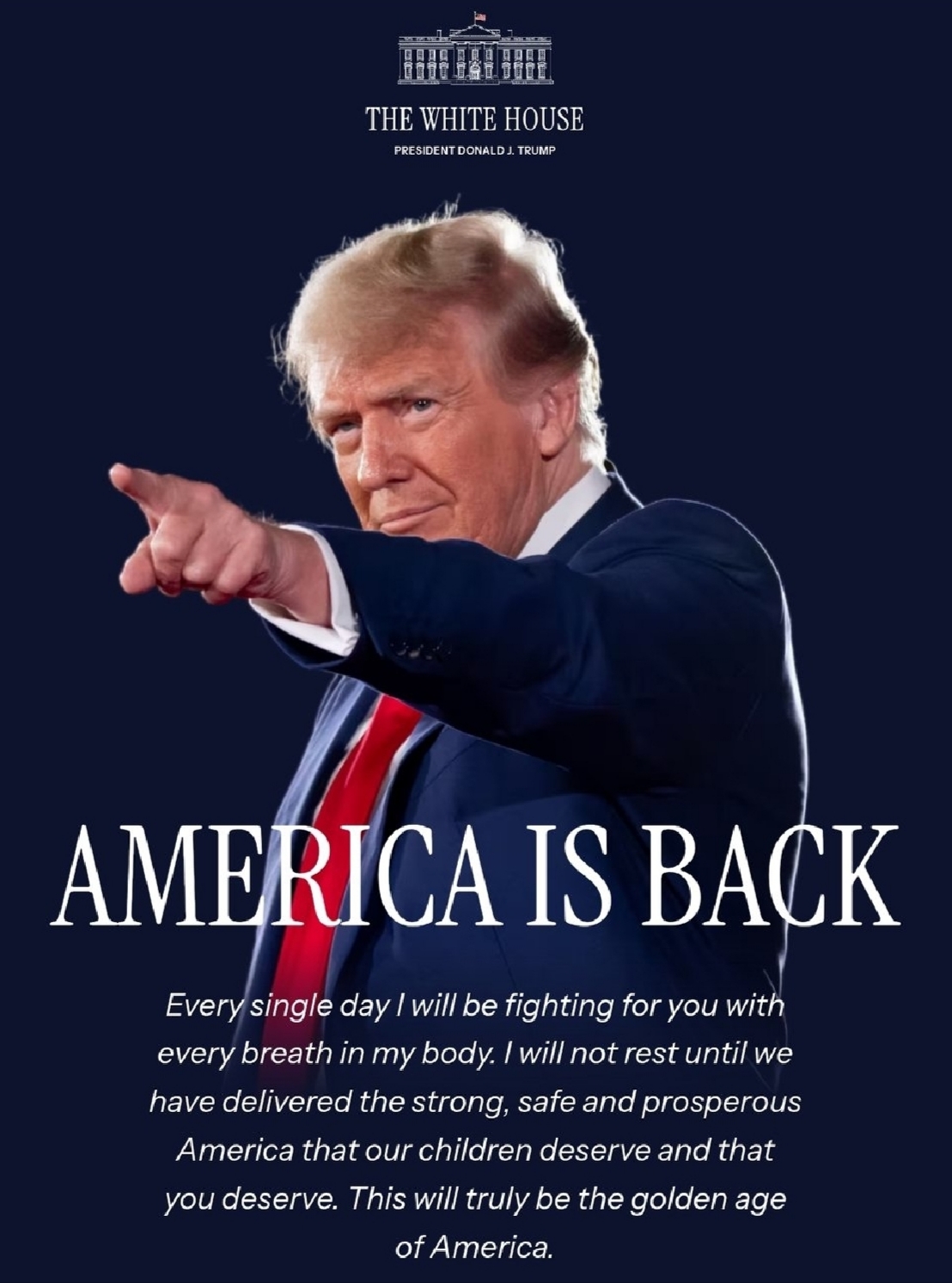









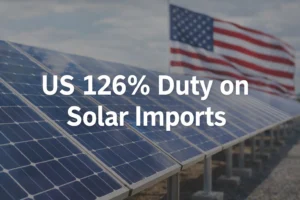
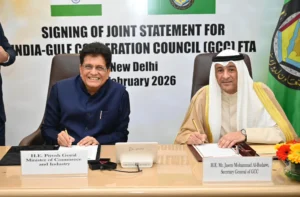


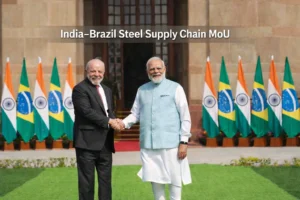





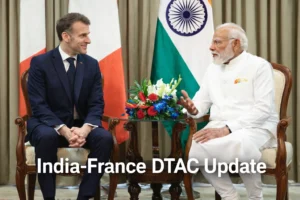
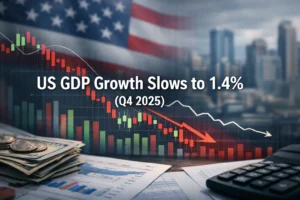
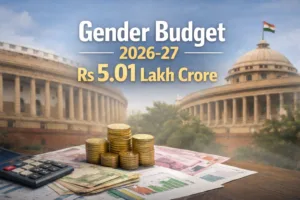

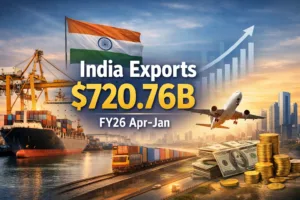
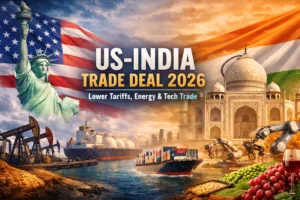



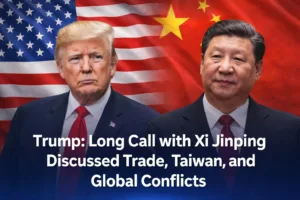



2 Comments